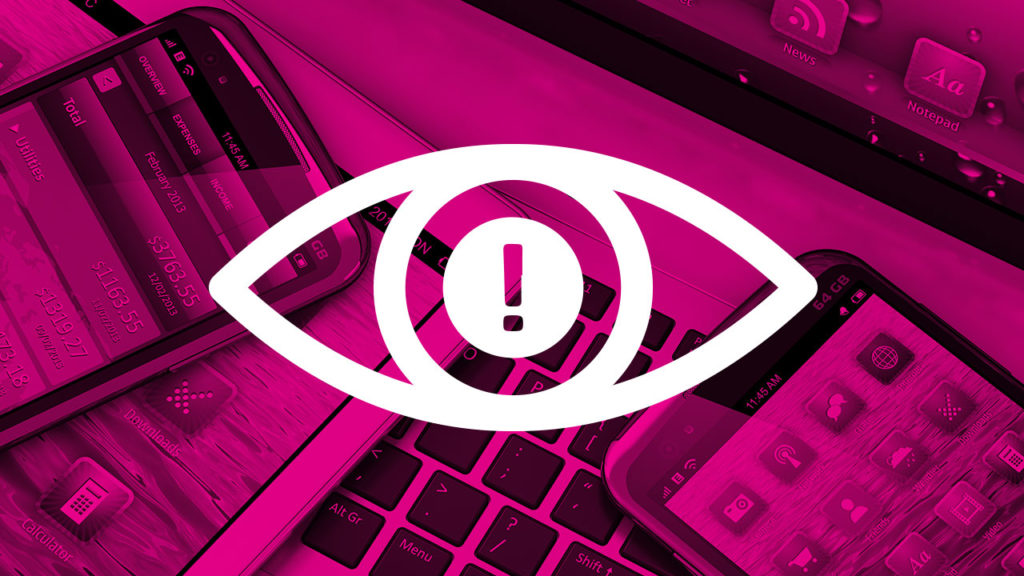Not only do consumers think less of a brand when ads appear next to unsafe content, but they also take it personally, a new study found. Respondents were more likely to view a negative association as intentional, coloring their overall view of the brands in question.
“The Brand Safety Effect” is a joint study by CHEQ, IPG Mediabrands, BMW and Hulu. More than 2,000 consumers were shown ads next to content deemed negative and surveyed about their reactions. Sample ads were shown across three types of content deemed “negative”—generally unsafe content like a school shooting, brand-averse content such as a BMW ad next to an article about a BMW collision and vertical-averse content, i.e a soda ad in front of content about diabetes.
Consumers showed an overwhelmingly negative response to the ad placements, with many viewing them as an intentional endorsement by brands. When consumers assume ad placement is intentional, they are nearly three times less willing to associate with that brand, the study found. Open-ended feedback from respondents even accused the brands of being manipulative and exploitative.
Even when an ad doesn’t appear to be intentionally placed but is directly adverse to the brand, it makes them look bad. After viewing content that clashes with a brand, consumer opinion dropped significantly—22 percent lower for trustworthiness and 19 percent each for quality and reputation.
Interestingly, a brand- or vertical-averse ad makes consumers feel like the brand doesn’t care about its customers by allowing the association to occur. The opinion that brands cared about their customers dropped 18 percent and a willingness to associate with them dropped 21 percent. Purchase intent dropped by half.
At best, allowing one’s ads to run next to unsafe content makes a brand look out of touch. At worst, consumers see brands as manipulative or like they are trying to profit off of a disaster.
“Brands need to be aware that blindly following a customer or chasing media price efficiency can have devastating effects on the long-term health of their brands,” said Joshua Lowcock, global brand safety officer at UM Worldwide, part of IPG Mediabrands in a statement.
Marketers are more concerned about brand safety than they have been in recent years, resulting in brands like Cisco, Sonos and Unilever pulling ads and bringing ad operations in-house. A recently study by Oath found that 58 percent of advertisers are more worried about brand safety this year than they were last year.
Brand safety is an issue that impacts the entire industry, inspiring open discussion at events like Cannes Lions and Advertising Week. Initiatives have also been formed recently like The Brand Safety Institute to address the problem head-on.

